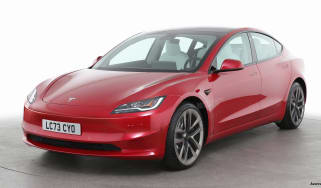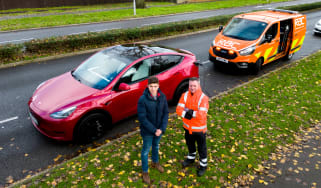UK pedestrian crossings explained: Zebra, Puffin, Pelican, Toucan and how to use them
There are various types of pedestrian crossing in the UK; we explain the rules for each type, and how to identify them

There are six types of pedestrian crossing on UK roads, and many of these are named after animals - such as Zebra, Toucan and Pelican crossings. The key differences between each crossing type are the way that motorists and pedestrians interact with them, the rules that apply and the types of road user that will be crossing the road.
An average of eight pedestrians are killed and 115 are seriously injured on the UK’s roads every week. So, whether you’re learning to drive or an experienced motorist, it’s a good idea to refresh your crossing knowledge
Our guide will help you understand each pedestrian crossing type that you will find in the UK, as well as the rules that apply whether you’re on foot, behind the wheel, or even riding a bicycle or horse.
How to cross the road
Using a pedestrian crossing is generally safer than taking your chances crossing the road where there isn’t one. Whether you’re on a crossing or not, there are basic safety precautions that you should take beyond the classic; Stop, Look and Listen advice that’s drummed into us from a young age:
- Remove any headphones.
- Never assume that you can be seen by approaching vehicles.
- If there is no pedestrian crossing, find a place to cross where you can be seen clearly by traffic approaching from all directions.
- Wear bright clothing if you’re going to be crossing the road at night or in poor visibility.
- Drivers are required to give way to pedestrians crossing a road that they are turning into, but don’t take this for granted.




